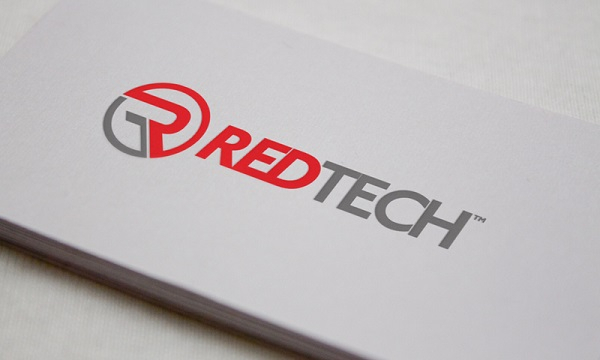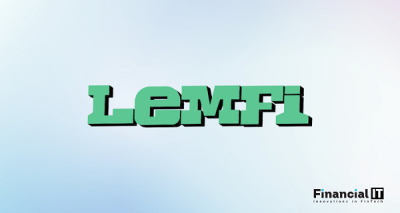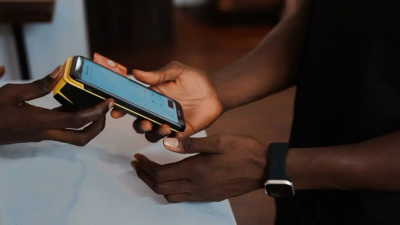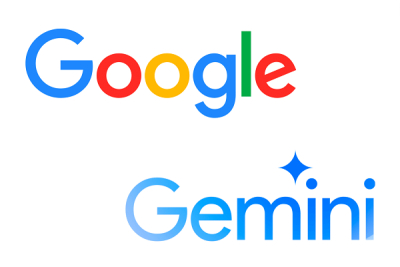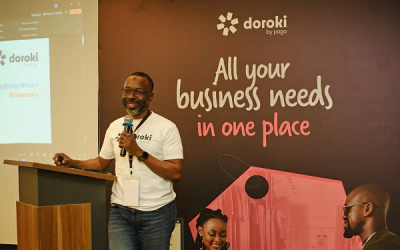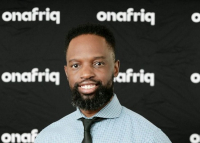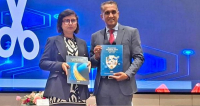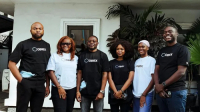
Brief_simple (455)
WhatsApp is testing a new feature that would allow users to share status updates exclusively with a “close friends” group, similar to Instagram’s functionality. Users would be able to create and name custom contact lists for this purpose, which could be reused without having to adjust privacy settings for each update. Status updates shared with this restricted group would be marked by a different-colored ring, indicating that the content is intended for a more private audience.
Redtech, backed by Heirs Holdings, processed $20.6 billion (29 trillion naira) in transactions in 2025, doubling its volume from a year earlier. Its RedPay platform spans POS terminals, merchant acquiring and digital channels, helping the company solidify its position as a key national infrastructure provider. Redtech is now targeting expansion into nearly 30 African countries by 2027.
LemFi, a Nigerian fintech focused on underserved communities, is launching its money transfer services in Australia after securing regulatory approval. Australia, one of the world’s largest remittance markets, now joins LemFi’s network of more than 2 million users across Europe and North America, enabling transfers to over 30 countries, including India, China, and Nigeria.
Nigerian fintech Nomba has acquired a licensed Canadian payment provider to expand its cross-border infrastructure for businesses. The deal allows Nomba to open Canadian dollar accounts and speed up payments into the naira and other African currencies, while reducing foreign exchange and transaction costs. The move positions the company to tap growing trade flows between Africa and Canada, with plans to expand into other markets.
Google is testing a new Gemini feature called Import AI Chats, which would let users transfer their chat histories from rival assistants such as ChatGPT, Claude and Grok. By carrying over context and user preferences, the tool aims to reduce switching costs. Still in beta, the feature could add momentum to broader efforts across the industry to improve data portability and interoperability.
Paga, via its Doroki merchant platform, has formed a strategic partnership with Nigeria’s Leadway Assurance to provide tailored insurance solutions for retailers. The current rollout includes coverage for cash-in-transit, fire and theft, and Point-of-Sale (POS) terminal protection. Soon, the partnership will expand to offer credit life insurance for Memento loans. Beyond coverage, the initiative focuses on building merchant resilience through risk awareness and education.
Onafriq Nigeria Payments Limited has partnered with the Pan-African Payment and Settlement System (PAPSS) to launch a pilot of the first cross-border wallet payment service between Nigeria and Ghana. The six-month trial, approved by the Central Bank of Nigeria, allows payments to be made in naira and settled in real time, using the partners’ banking and mobile money networks. The service is aimed at consumers, merchants and small businesses.
Mauritius launched its National Data Strategy 2025-2029 on Jan. 28, World Data Protection Day, as part of efforts to build a “new era of trust.” The roadmap, led by the Ministry of Information Technology and the Data Protection Office, prioritizes responsible data governance, cybercrime prevention, and stronger protections for citizens, especially young people vulnerable online.
Uber said it will cease operations in Tanzania on Jan. 30, 2026, after years of disputes with transport regulators over commission limits and fare controls. The move reduces ride-hailing options for commuters in Dar es Salaam and other cities, while strengthening the position of rivals such as Little and Bolt, which are seen as better aligned with local rules.
Nigerian crypto platform Obiex is preparing to expand into Ghana and South Africa after a sharp jump in trading volumes. Launched initially as a crypto off-ramp service, it took off with its “no-confirmation swap” feature, which locks in prices and protects users from volatility during confirmation lags. Already active in Cameroon, Obiex is now targeting some of Africa’s biggest markets.
More...
Qualcomm is now accepting applications for the latest round of its “Make in Africa” mentorship programme, aimed at tech startups across the continent. The equity-free initiative offers business coaching, engineering support for hardware and software development, and guidance on intellectual property protection. Applications close on Sunday, Feb. 15.
DRC Deputy Prime Minister and Economy Minister Daniel Mukoko Samba on Thursday unveiled Loba, a digital platform designed to inform consumers of their rights and handle complaints across regulated sectors. The chatbot is due to officially launch in late February 2026, covering areas such as banking, insurance, telecommunications and healthcare.
Aya Data, a Ghanaian startup focused on data annotation and AI services, has raised $900,000 in seed funding to expand its AyaGrow and AyaSpeech products and hire new staff. Founded in 2021, the company trains workers for technical data jobs while developing tools for agricultural monitoring and speech recognition systems designed for African languages.
Enakl, a Moroccan startup founded in 2022, has raised $2.3 million in seed funding to speed up the deployment of its shared mobility services. Its technology helps corporate clients and public agencies build and manage flexible transport networks in real time. The company said the funds will support sales expansion, the launch of a new software product and pilot new shared-fleet models.



